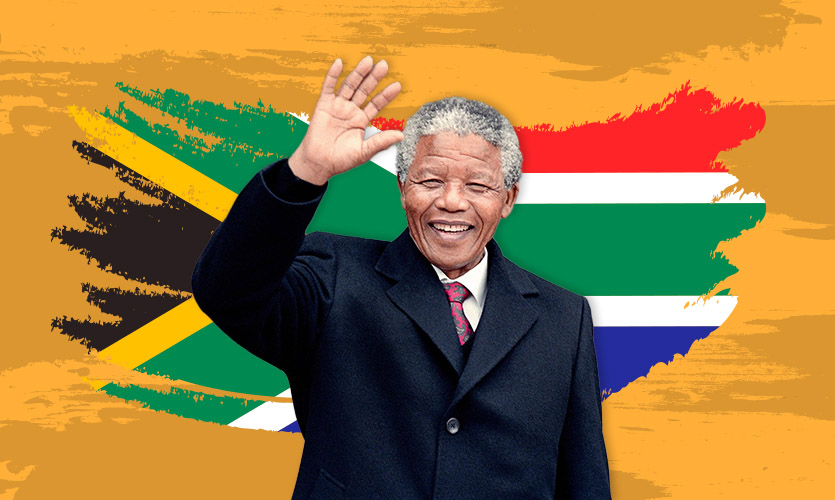“For to be free is not merely to cast off one’s chains, but to live in a way that respects and enhances the freedom of others.”
– A quote displayed on the wall of the Apartheid museum in Johannesberg, attributed to Nelson Rolihlahla Mandela, South Africa’s first-ever black president who was democratically elected, and led the country out of the shackles of apartheid after several years of struggle.
Nelson Mandela International Day
Every year, July 18 marks the birth anniversary of the former president of South Africa and Nobel Peace Prize awardee Nelson Mandela. The day, also known as ‘Mandela Day’, honours the leader’s 67 year fight against racial prejudice and violation of human rights directed towards non-white people. It celebrates Nelson Mandela’s achievements, while inspiring new leaders to carry on his beliefs and legacy in order to bring about a difference in their communities.
The United Nations General Assembly passed a resolution in the year 2009, designating July 18 as Nelson Mandela International Day, to honour his efforts towards attaining world peace.
Life Of The South African Leader
Nelson Mandela was born on July 18, 1918, in what was then called the Union of South Africa, a dominion of the British Empire. In his early life, he went by the name Rolihlahla Dalibhunga Mandela, but was given an English first name by his teacher at elementary school, thus stripping him of his identity.
Mandela’s skin colour put him in the lowest ranks of the segregated society, but with the help of his royal ancestry and connections he could attend South Africa’s only university for black people, University Fort Hare, where he became an activist.
In 1941, he fled to Soweto, where he enrolled himself as a part-time law student at Wits University. He became a member of the African National Congress, a small group which advocated for the civil rights of the Black South Africans. In the year 1948, segregation amongst the ‘whites’ and the ‘non-whites’ increased, as the ruling party adopted the policy of ‘Apartheid’ or apartness.
Mandela and his fellow activists used non-violent methods to protest the division, until realising that an armed struggle was the only effective way to put an end to apartheid. After the police discovered his plans for guerilla warfare in 1964, he was given a life imprisonment sentence. Upon his release after 27 years, he worked to have the racist policy removed and was later elected as the president of South Africa, where he held office for five years.










